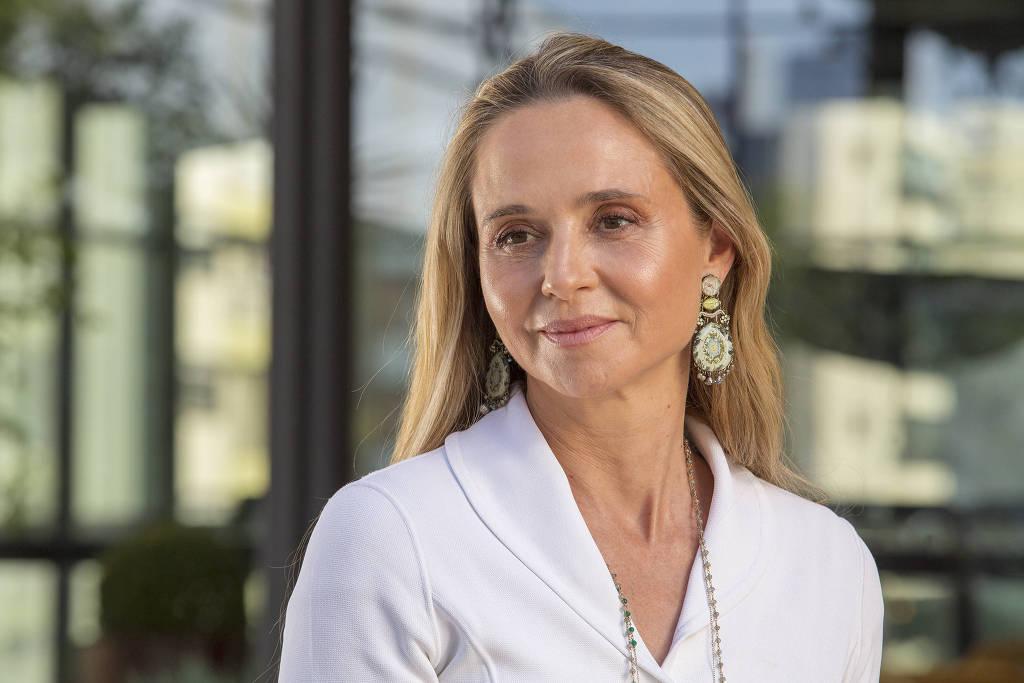Patrícia Villela Marino’s activism for medical Cannabis is highlighted in Folha de S.Paulo
The following article was originally published in Portuguese by Juliano Spyer in the Folha de S.Paulo newspaper in January 2024.
I knocked on many doors looking for evangelicals who publicly defend the medicinal use of Cannabis. And I received two responses. Some people shrugged their shoulders, thinking that Christianity and marijuana are topics that don’t go together. Or they pointed me to the president of the Humanitas360 Institute, Patricia Villela Marino. And it’s easy to understand why: for her, debating Cannabis “is an agenda of Jesus among us, because it requires overcoming a lot of repertoire, a lot of religiosity and a lot of pharisaism.” In the biblical language, “pharisaism” is synonymous with hypocrisy.
Patrícia grew up in a conservative family environment in terms of customs. “Since childhood, I learned that a skateboarder was a stoner, a surfer was a stoner and if he had a tattoo, then he was a super stoner.” But she began to review this perspective when friends Tarso Araujo and Raphael Erichsen asked for her help in finishing the documentary “Ilegal – Life doesn’t wait”, about families fighting for the right to use Cannabis to deal with illnesses without better treatment alternatives.
When the film was being finished in 2013, Patrícia had become a mother after more than a decade of struggling with infertility. “Having my son was very difficult, but it was a blessing that he was born healthy. But the mothers I met through the documentary couldn’t bathe because their children had 30 seizures a day,” she said. “My scarcity connected me with their scarcity.”
Patrícia is not in favor of the recreational use of marijuana, especially for teenagers, but her role includes promoting debate about medicinal use within evangelical circles. “If we believe that God created all things, why would he leave a plant for the devil?” she asks. “Let alone a plant with this therapeutic capacity, which becomes a necessary medicine for acute cases of epilepsy, for Alzheimer’s, Parkinson’s, even for chronic pain conditions?”
Patrícia turned to science to review her prejudices and today takes this debate to spaces such as the evangelical bench in the Federal Congress. She also participated in the preparation of the project for the distribution of cannabidiol through the SUS, which became a law sanctioned by the governor of São Paulo, Tarcísio de Freitas.
There is a profile of evangelicals —I dare say, even more evangelicals—who, like Patrícia, come from conservatism and who today have distanced themselves from it. They speak the language of religion and defend science and causes linked to human rights. And they do this in spaces where progressive voices do not reach. They do not represent all evangelicals, but in a divided country, their engagement or distancing from candidates can define who will win the next elections

